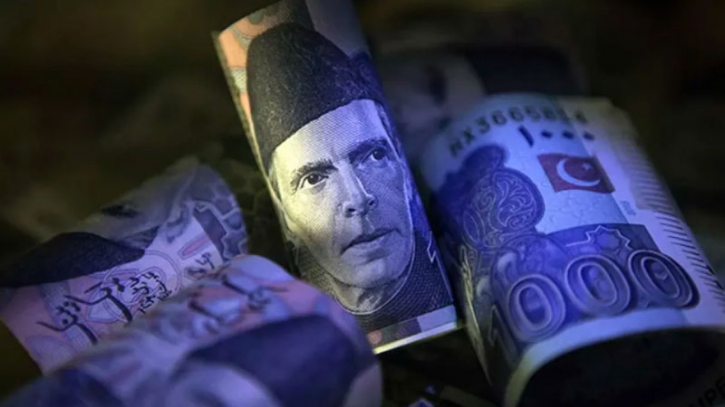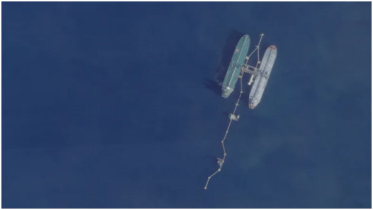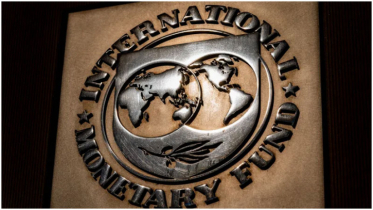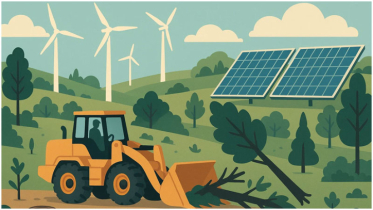Pakistan is in a debt (death) trap

During the last week the Pakistani Rupee achieved a historic first. It broke through the Rs300 barrier against the Dollar. Other firsts were also recorded: The price of petrol broke through the Rs300 per litre barrier. The cost of a unit of electricity rose to a historic high. More increases are forecast for the coming weeks.
Inflation is on the rampage. It is near impossible now for the poor to cover their basic living expenses. Defiant protestors are taking to the streets to burn their electric bills in public. Retailers are observing “shutter down” days to register their disapproval or disgust at the way the economy is being managed.
All this has not happened suddenly. It has been in the making for a long time. Corrupt, incompetent and in many cases illiterate politicians have been voted into power time and again. This the result of a sham democracy that has enabled feudal landlords, land grabbers and gangsters to terrify and compel a hapless nation to vote for them. And once voted into the corridors of power their main interest is to enrich themselves. The public be damned.
Can Pakistan be fixed and put back on the track? The answer is yes. But doing so will need the sort of courage and daring that has been lacking in the past. As it stands today, there is a transition government in place with a constitutional mandate to hold elections within 90 days and hand over power to an “elected” government.
This is a recipe for disaster. Elections under the present system will bring the same old crooks back to power who will, without doubt, hammer the final nail into the coffin. Saving Pakistan will involve two sets of measures – short term and long term.
Look at the short term first: Pakistan is choking on debt. Tracheostomy needs to be applied immediately. Consider that in the coming fiscal year the government’s own budget estimate puts government revenue by tax collection at Rs7 trillion. The same estimate puts expenses at Rs14.5 trillion. Of this Rs14.5 trillion, Rs7.4 trillion is for debt repayment. Consider the absurdity of this: The entirety of government revenue fails even to cover debt repayment!
We are in a debt trap, really a death trap. The only way to escape it is to place an immediate moratorium on all debt repayments – interest and principal. This should apply to all lenders – institutional and private. At the same time negotiations must begin on sensible restructuring with the expectation that all lenders should be ready to take a substantial haircut.
This is not a step for the faint hearted. And certainly not a step that the present transition government will take, especially since its finance minister is a former World Bank executive. Her and her ilk consider default, which is what a moratorium will mean, to be anathema.
To be clear, default will have unpleasant consequences. But they will be nowhere as serious, or irreversible, as death. In fact, it (default) will give us room to put our house in order. We have a steady stream of remittances which last year was of the order of $30 billion. Our exports are of the same order of magnitude. What will be needed is a drastic reduction in imports, which are out of control, and a zero-based budgeting (ZBB) approach to government expense.
Put all this together: moratorium, debt restructuring, haircut, remittances, export earnings, cut in imports and ZBB for government expenses and you have potentially a lifesaving formula.
To design and implement this, the composition of the transition government must be changed. Anyone who has anything to do with the International Monetary Fund (IMF) or World Bank must be removed. These are people whose DNA is infected with a virus that gives them resistance to any solution that does not involve taking more debt.
Once a competent transition government is in place its mandate must be changed: Elections are to be put off as long as is needed to put the economy back on track. And the primary mandate must become economic and political restructuring. Because once the economy is saved, putting it back in the hands of the people who brought us here borders on insanity.
In the longer term, the political system must be redesigned to, in effect, interdict the path of the usual crooks – feudals, land grabbers and gangsters – to parliament. And instead, open the door to people of competence, integrity and decency to play their role in running the nation. This is not impossible to do. Several measures come to mind. The simplest of these, and the easiest to achieve, is to give the right to vote only to people who have completed matriculation.
Voters who have a basic level of education will not be easily intimidated or fooled. They will be able to vote according to their conscience rather than being commanded to vote by a local landlord. They will welcome new entrants who represent a departure from the dismal past and truly promise a new beginning.
There are self-appointed guardians of democracy, especially in the West, who will protest that this is undemocratic. They need to understand that democracy does not come in one shade or colour. And that there is no manual of democracy descended from the sky which says that there must be a vote for everyone. In fact, in the Islamic tradition “democracy” involved consultation with those who were the most able to provide it.
Pakistan needs to find its own way. We can no longer afford to remain slave to those who value their own interests above ours.
Source: The Express Tribune
.png)




